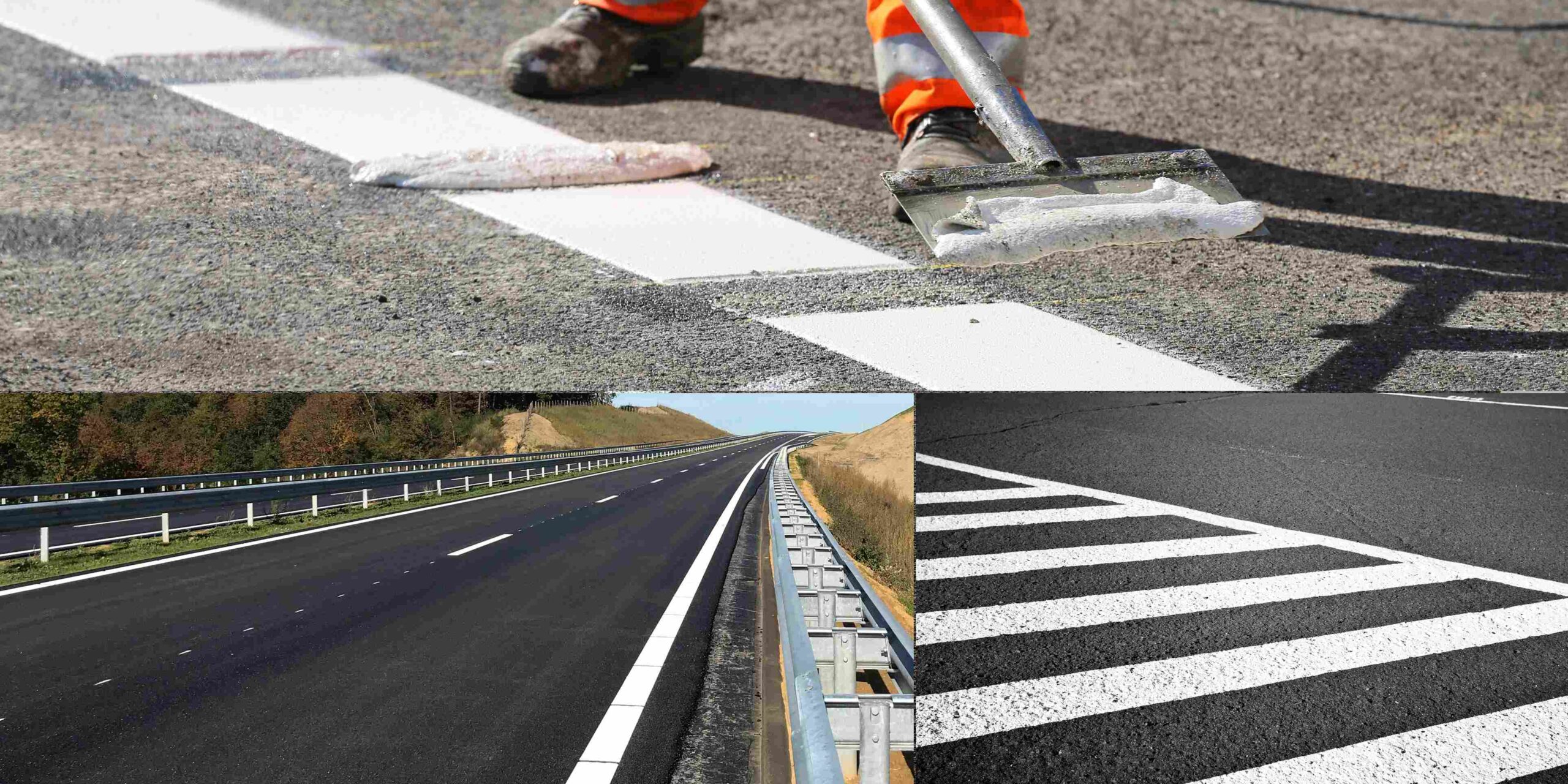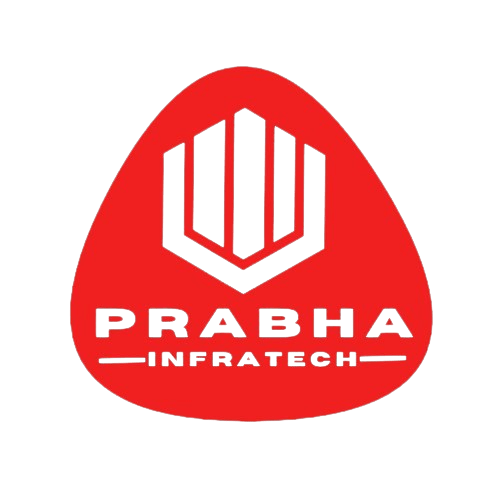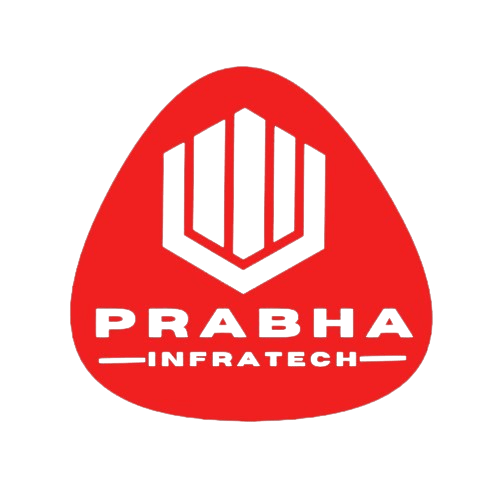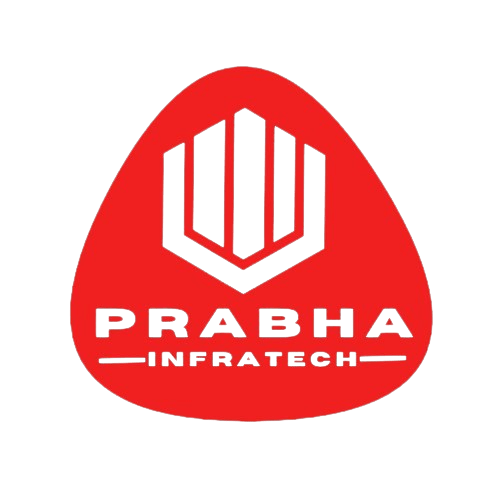
18 Apr Thermoplastic Road Marking in Ghaziabad
Our Thermoplastic Road Marking in Ghaziabad is a popular and effective method for creating durable and long-lasting road markings. In this blog, we will explore the benefits of thermoplastic road marking and the process involved in providing this service.
What is Thermoplastic Road Marking?
Thermoplastic road marking is a process of applying a durable and reflective road marking material that is heated to high temperatures to create a strong bond with the road surface. The thermoplastic material is a mixture of resins, pigments, glass beads, and other additives that are heated in a specially designed-machine to a temperature of around 200°C.
Benefits of Thermoplastic Road Marking
Durability: Thermoplastic Road markings are highly durable and long-lasting. They are resistant to wear and tear caused by heavy traffic, weather conditions, and other external factors.
Reflectivity: Thermoplastic Road markings are highly reflective, which improves visibility and safety on the road, particularly at night or in low-light conditions.
Cost-effective: While the initial cost of thermoplastic road marking may be higher than traditional road marking methods, the long-lasting nature of the material means that it is more cost-effective in the long run.
Customization: Thermoplastic Road marking can be customized to suit the requirements of the road, including the size, color, and shape of the markings.
The Process of Thermoplastic Road Marking in Ghaziabad
Surface Preparation: The road surface must be thoroughly cleaned and dried before applying the thermoplastic material. Any cracks or potholes must be repaired before the marking process can begin.
Heating the Material: The thermoplastic material is heated to a high temperature in a specially designed machine. The machine must be calibrated to ensure that the material is heated to the correct temperature and constancy.
Application: The heated thermoplastic material is applied to the road surface using a screed or hand-operated applicator. The thickness of the material can be adjusted depending on the requirements of the road.
Curing: The thermoplastic material must be allowed to cool and cure for a specific amount of time before it can be used. This process ensures that the material bonds with the road surface and creates a durable and long-lasting marking.
Conclusion
Thermoplastic Road Marking in Ghaziabad is an effective and durable method of creating road markings that are highly reflective and visible. The process involves heating a specially formulated thermoplastic material to a high temperature and applying it to the road surface using a screed or hand-operated applicator. While the initial cost of thermoplastic road marking may be higher than traditional road marking methods, the long-lasting nature of the material makes it a more cost-effective solution in the long run.




No Comments